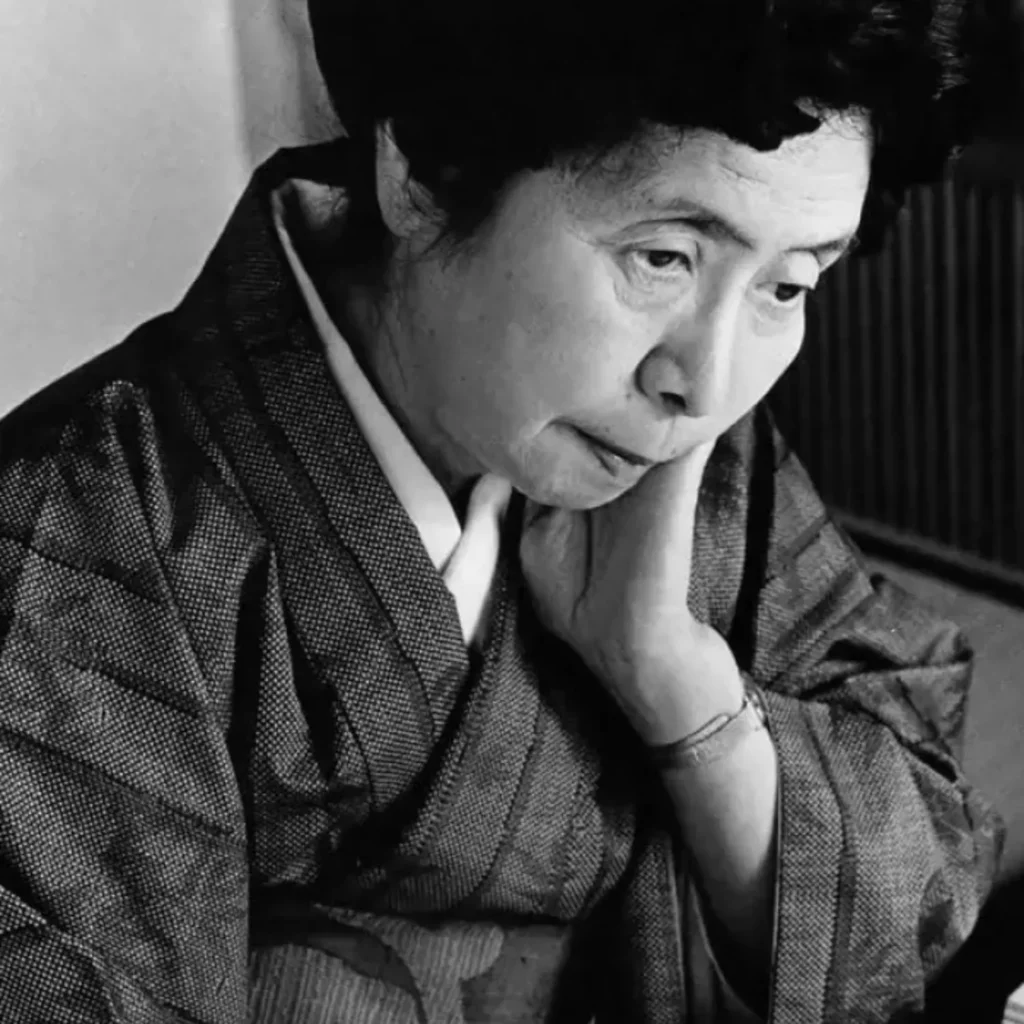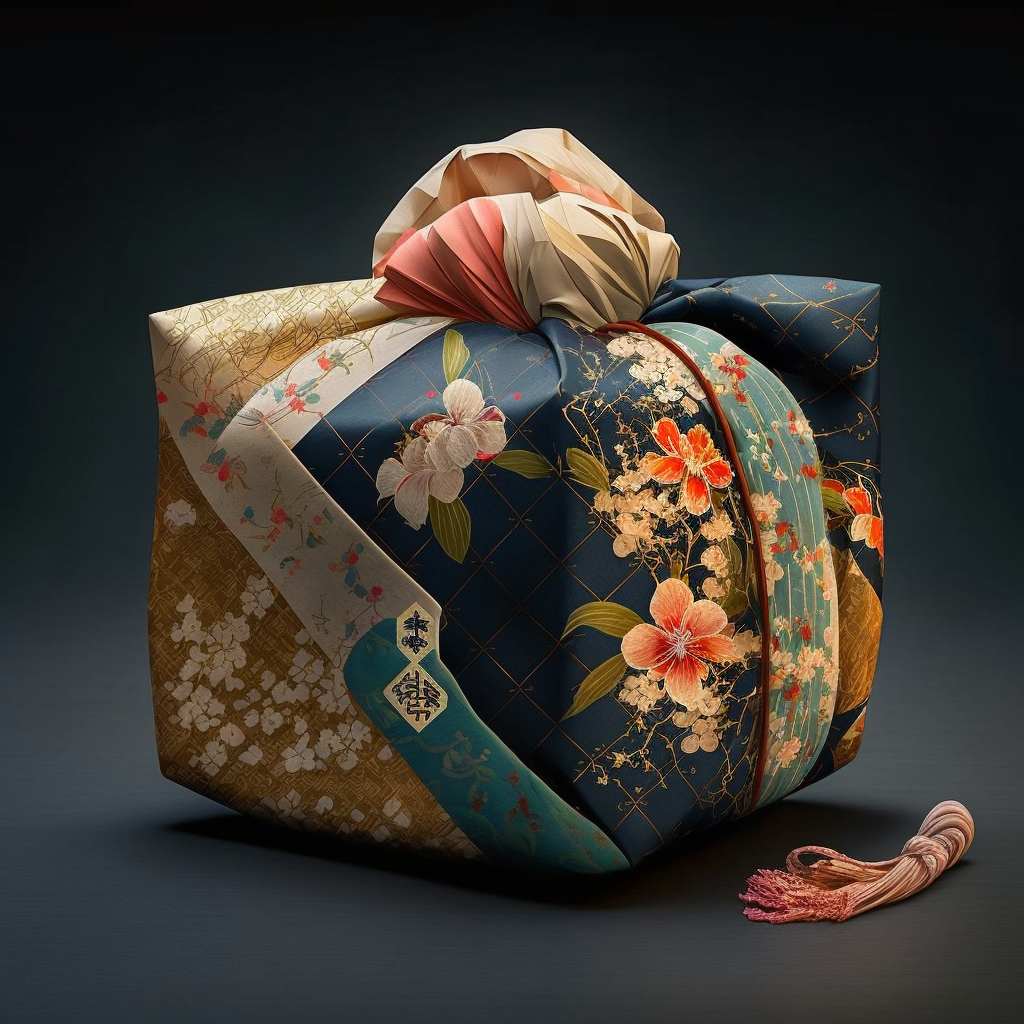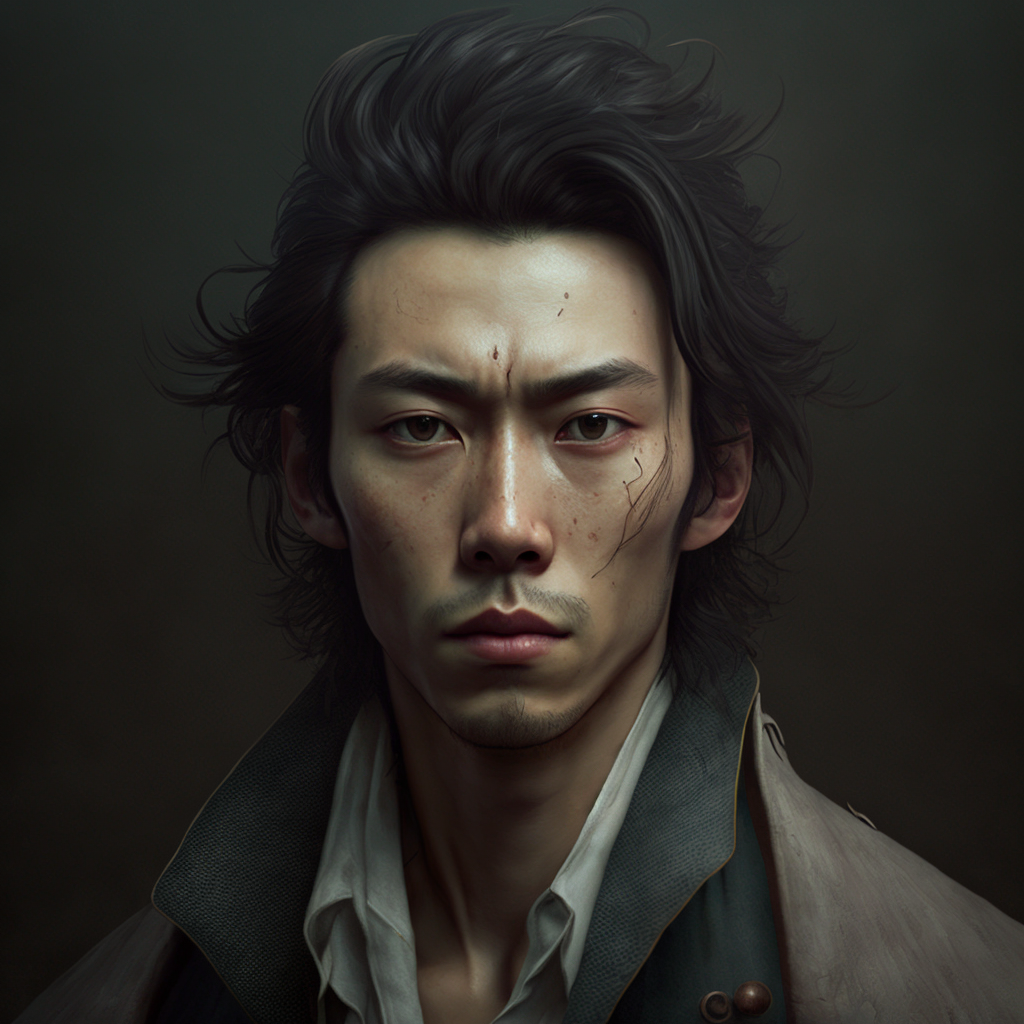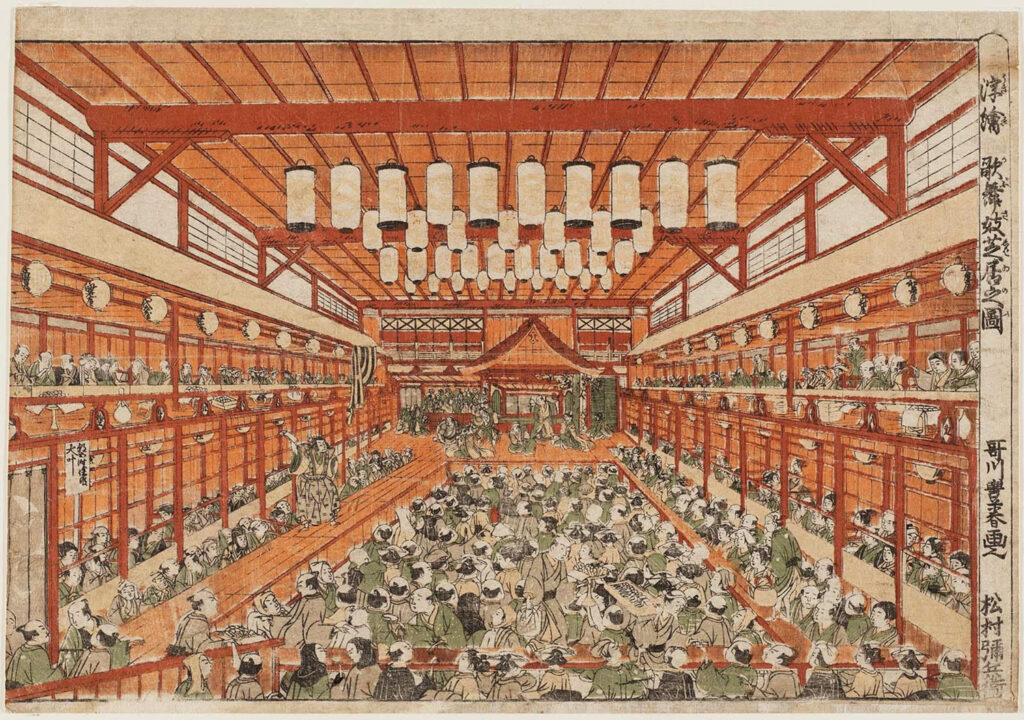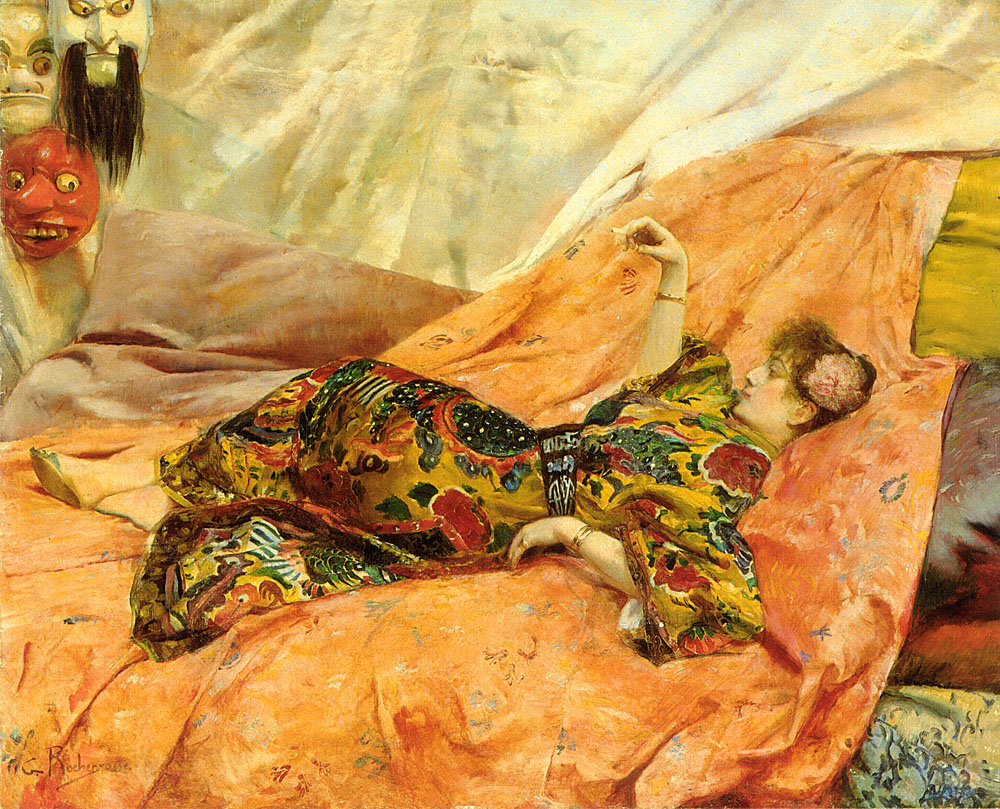Fumiko Enchi (1905-1986) is a major Japanese writer of the 20th century. She is best known for her ability to explore the condition of women and traditional roles in Japanese society through deeply psychological and sensitive stories. Her works address themes such as the internal struggle of women, the complexity of human relationships, and the transformation of Japanese society.
1. A Life Devoted to Literature
Fumiko Enchi was born in Tokyo in 1905, into a cultured family. This allowed her to access literature and the arts at a very early age. After completing her secondary studies, she entered the University of Tokyo, where she specialized in French literature. From the beginning, she distinguished herself by her literary talent and her ability to handle the subtleties of the language. In 1957, she published her first major success. “Umi no Fuchi” (The Sea of the Deep) marked the beginning of a prolific literary career.
2. The Main Themes of Her Works
The recurring themes in Fumiko Enchi’s works are related to the condition of women and the position of women in a Japanese society still marked by strict patriarchal norms. She often depicts female characters forced to struggle between their personal desires and social expectations. One of the constants in her novels is the search for emancipation, despite obstacles and traditions.
She also examines the theme of inner suffering, particularly through romantic and family relationships. For example, in “The Waiting Years” (published in 1957), she describes the story of a woman who, despite adversity and her husband’s adultery, finds a way to live her life to the fullest.
3. Famous Works and Their Impact
Among her famous works, The Waiting Years is a major novel by Fumiko Enchi. It tells the story of a faithful wife, confronted with her husband’s infidelity. The novel addresses the conflict between personal desires and social expectations. It also critiques the way Japanese society at the time treats women.
In addition to her novels, Fumiko Enchi is also the author of several plays and essays. In which she always focuses on social tensions and the position of women in modern Japan.
4. The Influence of Traditional Japanese Culture
The legacy of traditional Japanese culture is omnipresent in Fumiko Enchi’s work. Growing up in a time when Japan was still largely influenced by traditional rites and rules, she draws inspiration from the aesthetics and social codes of Nô theatre and Kabuki. This influence is reflected in her stories. They show female characters torn between their individuality and their place in a society frozen by expectations of behavior.
Fumiko Enchi also stands out for her writing. This writing mixes modernity and respect for ancient literary forms. This brings a poetic and symbolic touch to her novels.
5. The Legacy and Influence of Fumiko Enchi
Fumiko Enchi is now considered one of the greatest Japanese writers of the 20th century. Her influence extends far beyond Japan, and her works are studied around the world. Notably for their ability to depict the complexities of human relationships and the internal tensions experienced by women.
Her commitment to the issue of women, as well as her profound vision of Japanese society, continue to inspire many writers and readers. Fumiko Enchi embodies an important female voice. both gentle and powerful, and who remains a role model for future generations.

